Does buying a new energy vehicle save money? Whether buying a new energy vehicle saves money depends on many factors, including usage habits, charging convenience, and vehicle maintenance costs. The following is a detailed analysis:
1. Electricity cost
Home charging cost: If there is a charging pile installed at home, the electricity cost is lower when using the night-time low-peak electricity price. For example, the BYD Qin Plus EV consumes about 14 kWh per 100 kilometers, the electricity cost of the home charging pile is about 0.6 yuan/kWh, and the monthly electricity cost is about 126 yuan.
Fast charging cost: If you mainly rely on public fast charging piles, the electricity cost is higher. For example, the electricity cost of public fast charging piles is about 1.5 yuan/kWh, and the monthly fast charging cost is about 315 yuan.
2. Fuel cost
Cost of fuel vehicles: Taking Toyota Corolla 1.5L as an example, the fuel consumption per 100 kilometers is about 6L, the price of 92 gasoline is about 8 yuan/L, and the monthly fuel cost is about 720 yuan.
3. Maintenance cost
Maintenance of new energy vehicles: The maintenance cost of new energy vehicles is usually lower than that of fuel vehicles. For example, the maintenance cost of new energy vehicles is more than 8,000 yuan cheaper than that of fuel vehicles, especially within 5-8 years.
4. Insurance cost
New energy vehicle insurance: The insurance cost of new energy vehicles is usually higher than that of fuel vehicles. For example, the annual insurance premium for a Toyota Asia Dragon is about 4,400 yuan, while the annual insurance premium for a Xiaomi SU7 is about 6,000 yuan.
5. Second-hand car market
Value retention rate: In the second-hand market, the value retention rate of old electric vehicles is generally low. In comparison, fuel vehicles are more valuable. For example, a 3-year-old electric vehicle has a second-hand market valuation of only 45% of the original price.
Comprehensive suggestions
Applicable people: If you live in a place with a fixed parking space and can install a charging pile, your daily commuting does not exceed 30 kilometers one way, and it is mainly for urban travel, then new energy vehicles are a good choice.
Not applicable to people: If you often drive on highways and long distances, or the community where you live does not allow the installation of charging piles, then new energy vehicles may not be the best choice. In addition, if you plan to drive for more than 10 years, you may face high costs for battery replacement.
In short, whether buying a new energy vehicle can save money depends on your specific needs and usage environment. Before making a decision, it is recommended to conduct detailed market research and cost calculation.


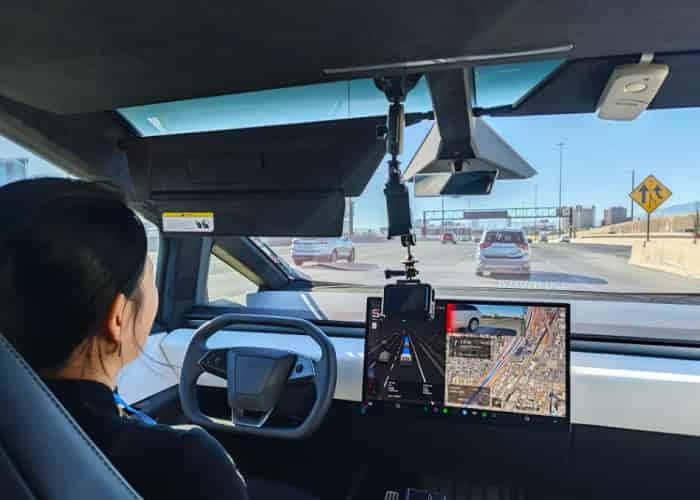
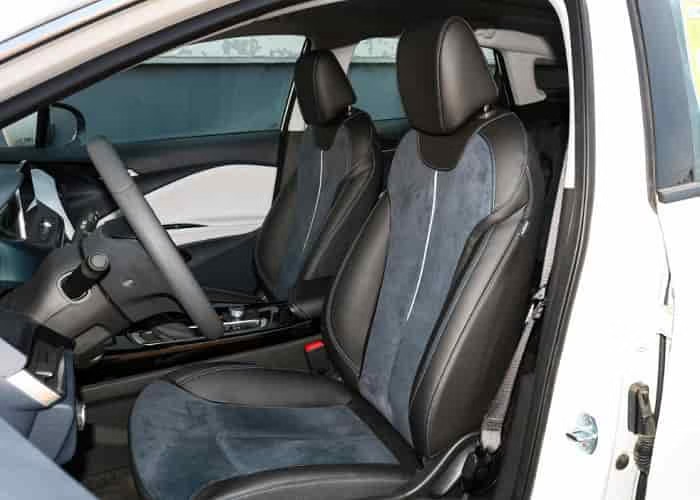
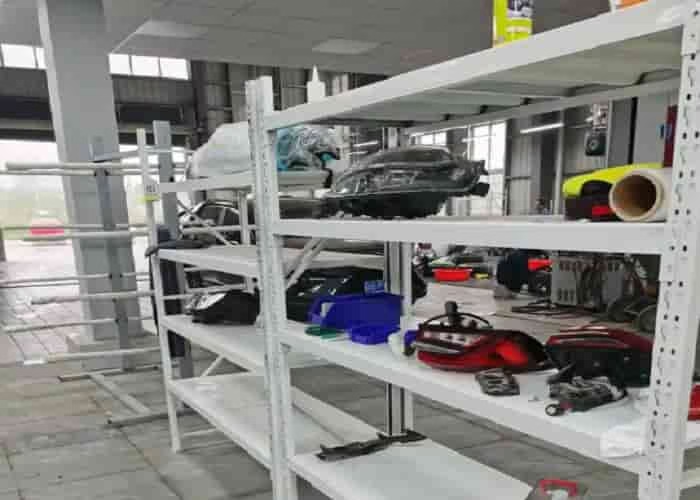
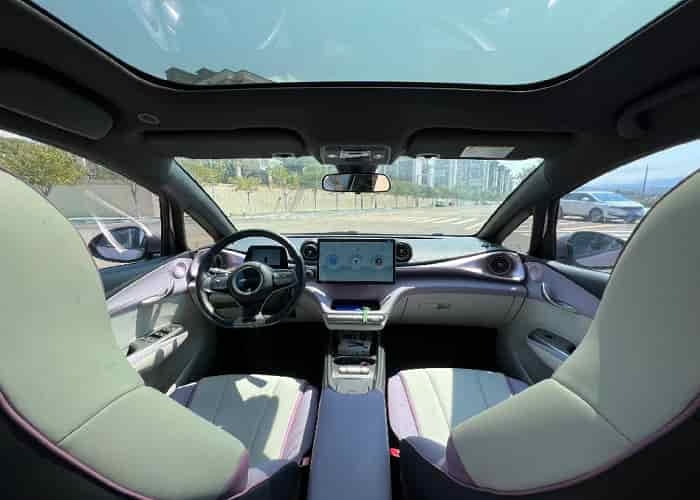

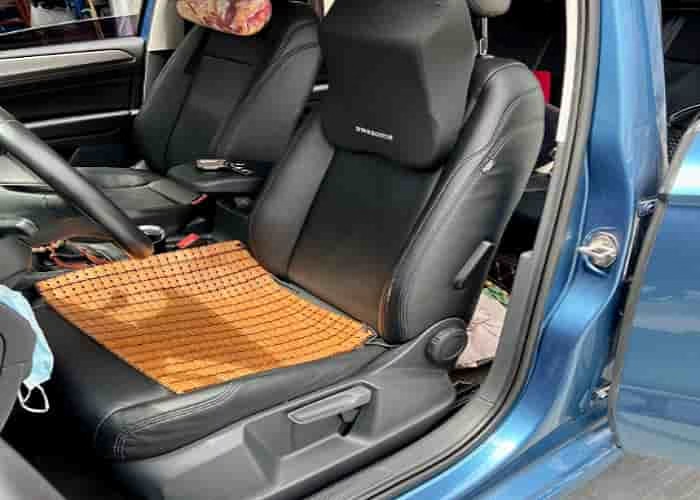
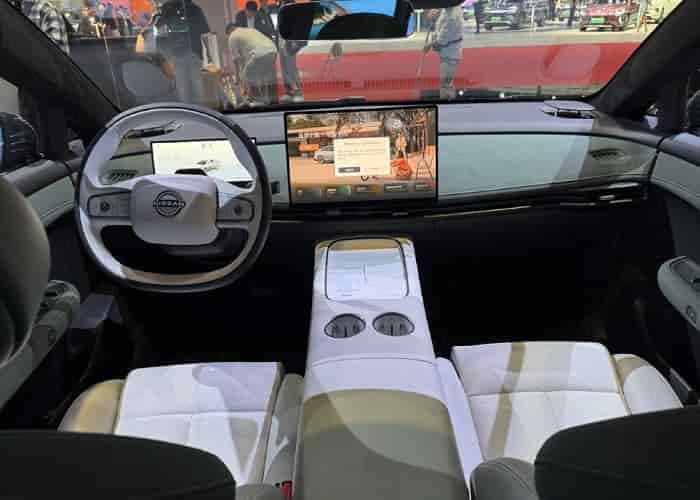

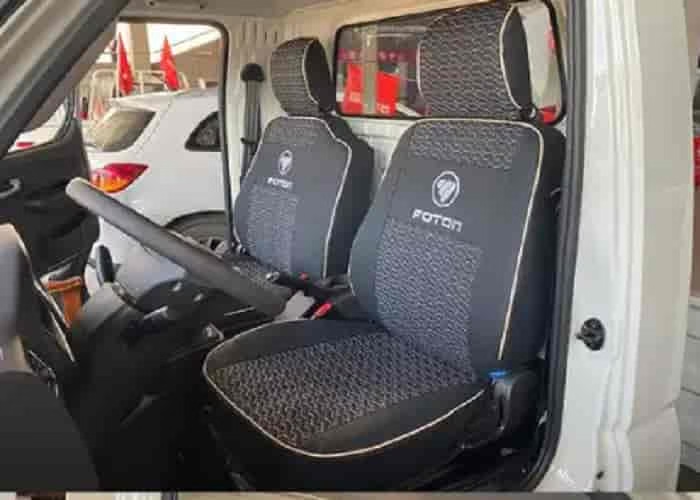
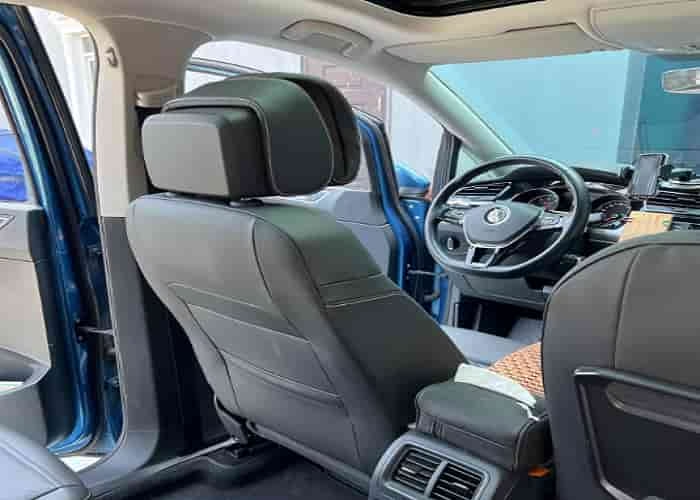
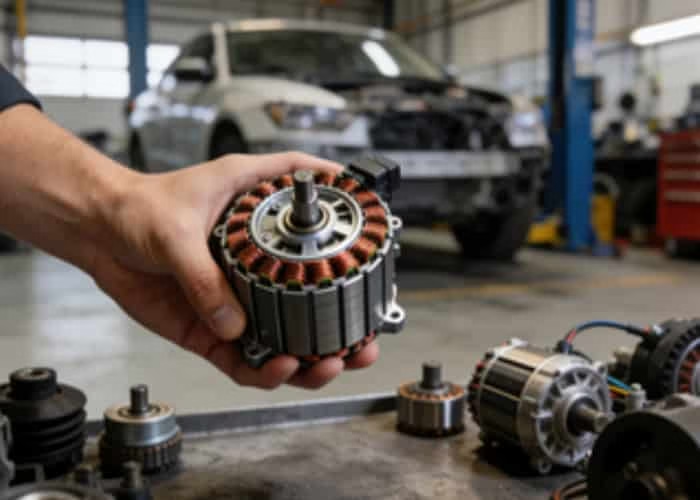
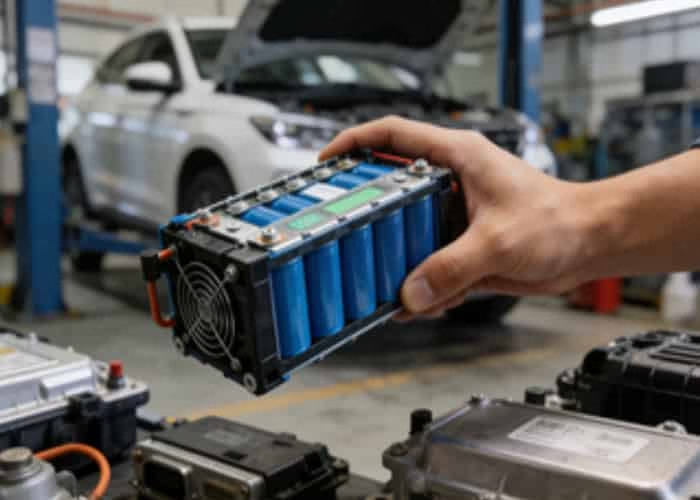
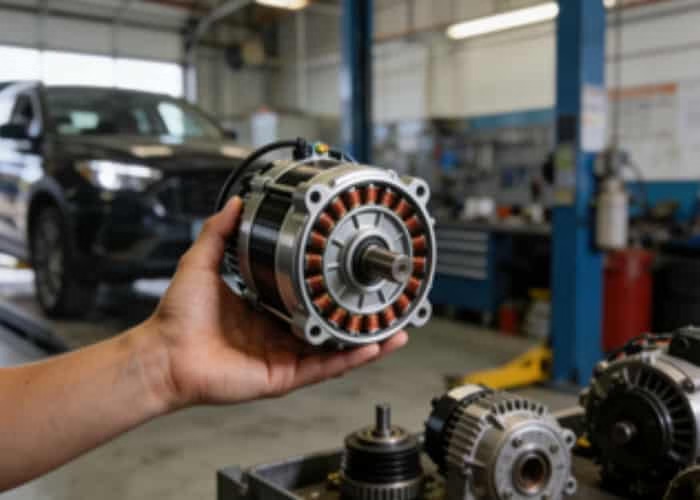
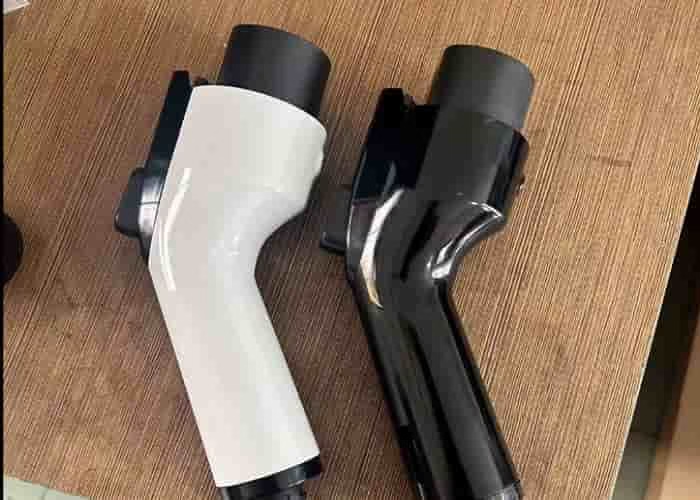
Leave a Reply